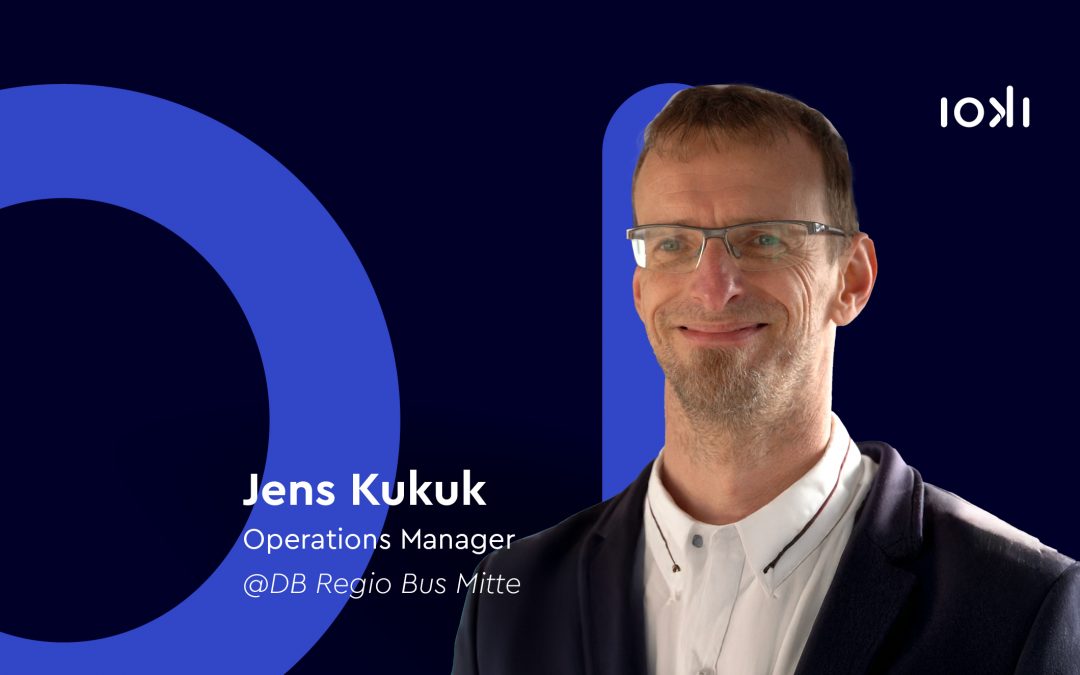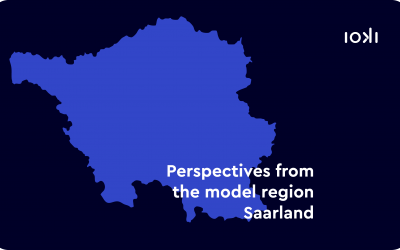Andrés, thank you for taking the time. Let’s start by breaking down the term Mobility Analytics. What exactly is hidden behind the term?
Demand-oriented and user-centred planning of public transport services requires a detailed understanding of people’s everyday mobility behavior and the problems of using buses and trains in a specific region. This is the only way to achieve the best possible supplementation of the existing public transport system with new services. We gain this deep understanding of mobility in the examined planning area by means of precise microscopic traffic models, which are based on a multitude of geographical, traffic and socio-demographic data. The term mobility analytics thus describes the planning of transport offers based on a microscopic analysis of the everyday mobility of the population in the planning area, in order to identify the points in public transport where improvement is needed.
The study not only demonstrated the power of using data in transport planning. Exciting facts on the development of German public transport were revealed. What are the key findings from the study?
The study clearly shows the regional disparities in the quality of public transport services and the use of private cars in Germany. While about 90 % of residents in urban areas have direct access to a stop served at hourly intervals between 6 a.m. and 9 p.m., only about 60 % of residents in rural areas have a comparable quality of public transport service. New mobility services such as e-scooters are often found in dense city centres and thus compete against well-developed public transport. However, in rural communities, where tightly scheduled services are often not economically feasible, new mobility offers to strengthen public transport are rarely available. Many people, especially in rural areas, are therefore dependent on their own cars.
So, the integration of flexible on-demand offers has a strong potential. How can this potential be imagined?
Due to the low number of passengers in rural areas, the transport costs per person in regular transport are usually high. On-demand services as a supplement to conventional public transport enables a more efficient and flexible public transport. This can close gaps in the public transport system and attract new users.
Do you think that the processing of mobility data will continue to be the linchpin of transport planning in the future?
The quality of the data will continue to determine the validity and accuracy of our models. Growing access to high-quality traffic data, combined with further advances in computer-based modelling of transport systems, will allow data-based transport planning to unfold its full potential in the future.
In a large project like this, there are often obstacles that have to be overcome. What were they?
The procurement, compilation and preparation of the relevant data basis was certainly one of the biggest challenges.
Finally, we would like to know something about your personal motivations. What motivates you to further push public transport and thus the mobility turnaround?
Greenhouse gas emissions from the transport sector in Germany have remained at a similarly high level since 1990. Our transport system must therefore change radically within a very short time and public transport must become the backbone of increasing inter- and multimodal mobility. Many intelligent and efficient mobility solutions are already on the market today. These must now be wisely linked to the existing systems in order to shift motorised individual transport to more environmentally friendly alternatives. This is my motivation



